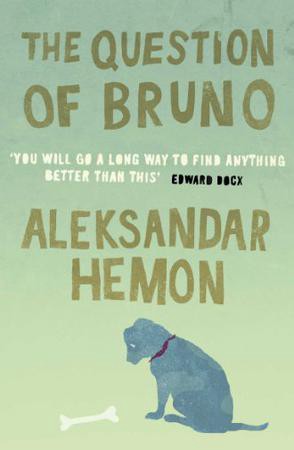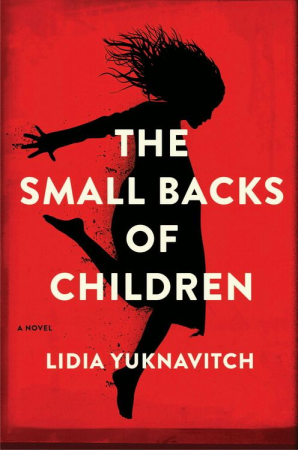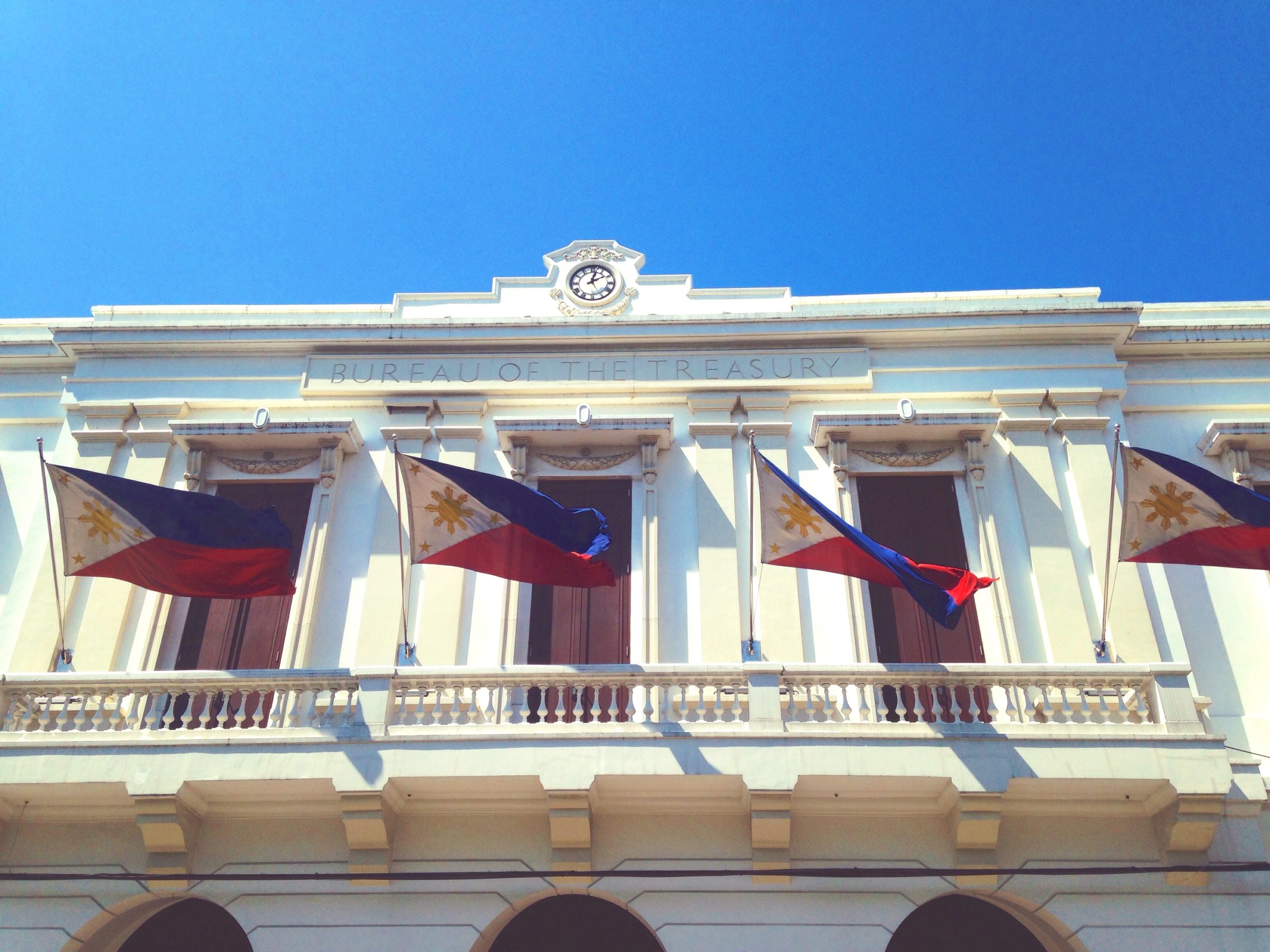Reading Lists
8 Books to Remind You that All Borders Are Fictional
Akil Kumarasamy, author of ‘Half Gods,’ on the messy power structures of imaginary geographical lines

With the recent upholding of the Muslim ban by the Supreme Court and the continuing separation of children from their parents at ICE detention centers, it feels vital to remember that borders are fictitious. Though blood has been spilled for centuries over these imaginary lines, they keep shifting. At one point in time, Utah, Nevada and California were all parts of Mexico. The British had the largest empire, crossing nearly every continent. Profitability has always trumped morality in the drawing of borders. With asylum seekers turning to the west, it is easy to forget history, how most of the world is still dealing with the imperial fallout of having land carved and cobbled together, resources stripped, foreign militaries deployed, and indigenous populations displaced and decimated.

In my new book, Half Gods, which resides at the border of a short story collection and a novel, I explore the messiness of these boundaries, whether it is nationality, religion, or sexuality. Following two Tamil-Punjabi-American brothers named after demi-gods from the Mahabharata, I trace how violence crafts and reforms identity, spanning from the bloody end of the Sri Lankan Civil War to the suburbs of Jersey
The following eight books are difficult to reduce. They at times cross through multiple genres, contain fractured narrative structures, and subvert our notions of language. They evoke the mythical in dealing with contemporary lives, and can often make you cry and laugh simultaneously. They are all deeply political books, meaning they engage with the world and show the lives of characters pushed up against power structures, where existence itself, with all its contradictions, is a revolutionary act.

The Secret Life of Saeed: The Pessoptimist by Emile Habiby
In this darkly comic tale about a Palestinian who returns to his homeland to become an Israeli citizen, we meet Saeed who comes from a family of Pessoptomists. Habiby probes a history of invasions and displacement (“the Ottomons were leaving and British entering”). Villages vanish, infants butchered, and borders are redrawn. From the 1948 Israeli-Arab wars to a retelling of the great Arab astronomers like Abbas Ibn Firnas, The Secret Life of Saeed: The Pessoptimist navigates history and memory to speak of the absurdity of the present moment for Palestinians. Saeed loses his father in the war but is saved by a passing donkey; his brother is killed by a crane but his mother praises God because it could have been worse (his wife could have run off on him during his lifetime). Pessoptomism is a mode of survival; it is a candle that burns so close to your eyes in the dark that you lose your eyelashes and perhaps even your sight but still possess warmth in a cold world. Saeed understands early on the deadly “consequences of sarcasm” though the book is dripping with it. The laughter in this novel rings with sorrow.
Signs Preceding the End of the World by Yuri Herrera
This slim book feels like a fever dream taking place between the border of the United States and Mexico. Herrera is able to defamiliarize us to the landscape with the inventiveness of his language. He refers to English, Spanish and indigenous languages as “new tongue,” “latin tongue,” and “native tongue.” In this wonderful translation, Lisa Dillman preserves the freshness of the work by including neologisms Herrera has crafted. Whenever a character leaves, they verse. In the original, the neologism, jarchar, is derived from the Arabic kharja.
Herrera transports you to a world, which is ours but is not named. The language feels chrome-colored and unusual with chapter names like “The Place Where the Wind Cuts Like a Knife” and “The Place Where People’s Hearts Are Eaten.” As Makina travels across the border to find her brother, she comments on the language spoken: “More than the midpoint between homegrown and anglo their tongue is a nebulous territory between what is dying out and what is not yet born.” Here language itself becomes a revelation.
Dictee by Theresa Hak Kyung Cha
Everything about Dictee feels at once intimate and subversive, written in fragmentary texts, torn from a novel, a poetry collection, a diary along with scattered images, the work interrogates the medium of language in conveying memory and history. Invoking the Greek muses for each section, the book explores the lives of various women including the life of the young Korean revolutionary, Yu Guan Soon, who fought against Japanese occupation and died at the age of seventeen, and Cha’s mother whose family escapes to Manchuria but still is touched by Japanese rule. Language becomes a place of trauma, when one’s mother tongue is hidden away or must be rooted into new soil again and again, generation after generation. Cha was fluent in English, French and Korean, and Dictee possesses marks of all three languages.
Cha was raped and murdered shortly after the publication of the book at the young age of 31. With her loss, the martyrs in her book take on a more haunting resonance: “With St. Agnes and St. Cecilia, I would present my neck to the sword, and like Joan of Arc, my dear sister, I would whisper at the stake Your Name, O JESUS.”
Oreo by Fran Ross
Oreo is a story of a biracial daughter of an African American mother and a Jewish father, who disappeared when she was an infant. Playing with the framework of Theseus’s quest through the Labyrinth, Ross takes Oreo on a wild journey through Manhattan to find her father. Family history is drenched with humorous references to Yiddish language and black culture. Oreo’s mother, a brilliant mathematician, often is sketched with mathematical equations that help her parse through life (one equation includes both Bach and the weight of uric acid). The novel is structured around vignettes, including headers like “Louise’s dreams” and “Oreo in the sauna.” I appreciate how the novel speaks to the porousness of borders, how characters love across ethnic and racial background, how our mother tongue is something that can be shaped to our own making.
The Question of Bruno by Aleksandar Hemon
With the collapse of Yugoslavia, the Bosnian writer, Hemon, found himself stateless in Chicago on his visa. These eight stories from his first book possess the feel of an epic, turning his own family history into Hemoniad mythology and distilling the siege of Sarajevo into a correspondence of love letters. Experimenting with the borders of the narrative form, The Questions of Bruno shows how imaginary and fragile country lines are and how even an individual is a precarious container.
Hemon began learning English shortly after being stranded in Chicago as a refugee. The originality of his language always thrills me like “pots of unconcerned flowers” and “flames of Moscow scalding the sky’s belly.” His humor can crack the heart.
“Nadia and Saeed” by Mohsin Hamid
Temporary People by Deepak Unnikrishnan
This novel of stories contains 28 chapters (one of the many polyphonic mashups made in the book). Following the lives of South Asian temporary workers in the United Arab Emirates, Temporary People gives one the feeling of hanging off the edge of a skyscraper, which feels quite fitting for these characters who build these breathtaking structures and then disappear. The briefness of each chapter, some are even prose poems, speaks to this transient existence. In the opening story a character turns into a passport while in another a woman pieces together the limbs of workers who have fallen from buildings. The language perfectly captures the fantastical nature of these workers’ existences.
The Small Backs of Children by Lidia Yuknavitch
Lidia Yuknavitch said she was “trying to put things into the world that alchemize the dark and turn it to something beautiful.” The Small Backs of Children is a metamorphic, intensely felt novel that plays with structure (some sections are only a page long while one section is listed in columns). A photograph is taken of a girl fleeing her burning home in an unnamed Eastern European village and the resulting image affects the lives of those who have seen it. Yuknavitch’s work feels both intimate and distant with its unnamed cast of characters; it freezes the frame on the violence inflicted on the female body and recasts it in miraculous ways.
I, The Divine: A Novel in First Chapters by Rabih Alameddine
In this hypnotic novel in first chapters, we follow Sarah Nour El-Din, named after the actress, Sarah Bernhardt, at various stages of her life from wartime Beirut to New York. Each beginning peels back layers of her history, sometimes affirming or contradicting our notions of Sarah and the people around her. This fractured narrative feels especially resonant for a life marked by violence and displacement but also speaks to the narrative choices we have in our lives, of deciding where we want to start our stories. Alameddine even includes a chapter that’s all in French. It’s quite a remarkable act to see one’s life as a series of beginnings.















